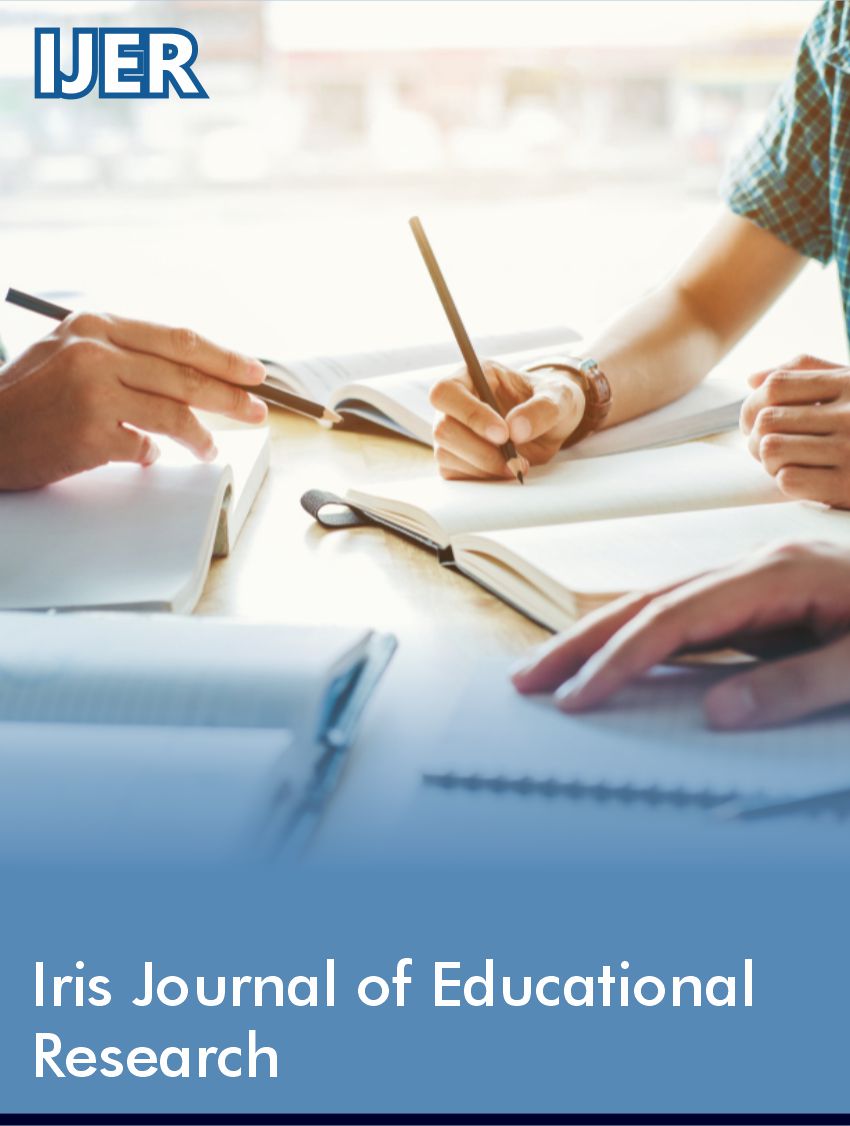 Opinion
Opinion
The Crucial Role of Conversation in Pedagogical Practice
Flemming Oehlenschlæger Nørgaard*
Lecturer, Research Centre for Pedagogy and Bildung, VIA University College, Denmark
Flemming Oehlenschlæger Nørgaard, Lecturer, Research Centre for Pedagogy and Bildung, VIA University College, Denmark
Received Date:May 03, 2024; Published Date: May 09, 2024
Introduction
Throughout the annals of human history, the evolution of culture, environment, and language has intricately shaped the trajectory of humanity. At the heart of this journey lies communication, an innate and universal aspect of human existence, which has evolved over time to become increasingly intricate and refined [1]. Defined as the act of “speaking together with someone,” conversation serves as a conduit through which individuals establish connections and share experiences, assuming diverse forms depending on context and intent [2].
Within the realm of pedagogy, educators are confronted with a fundamental query: What constitutes the process of becoming human [3]? The answer often unfolds within the realm of interpersonal interactions. Human development flourishes within social contexts, where individuals forge their identities through engagement with others. Georg Herbert Mead posited that individuals require external perspectives to develop a sense of self and shape their personalities [4].
Viewed through a societal lens, the significance of conversation becomes magnified within the framework of democracy. In democratic societies, the ability to engage in constructive dialogue is foundational to active civic participation [5]. However, a disconcerting trend emerged from a study conducted by the Danish Youth Council in 2023: a pervasive sense of low democratic confidence among young people aged 16 to 26, indicative of a feeling of being unheard or misunderstood in political discourse [6]. This not only imperils the democratic fabric but also undermines the confidence of young individuals in their own voices and their role in shaping society at large. This reality compels us to critically reevaluate our approach to pedagogy. Should educators not be tasked with cultivating not only academic prowess but also confidence and active engagement in democratic processes? Is it not incumbent upon us to empower young individuals to become assertive and active participants in the shaping of their communities? The ramifications of diminished democratic confidence among youth necessitate a fundamental reconsideration of pedagogical methodologies. In essence, conversation emerges as a cornerstone in pedagogical practice, fostering not only personal growth but also democratic engagement. Yet, its true potential remains untapped without further exploration and innovation. One avenue deserving of heightened scrutiny is the intricate dynamics of conversation within diverse cultural and socioeconomic contexts. Additionally, the efficacy of various pedagogical strategies in nurturing meaningful conversations warrants closer examination. As we navigate the complexities of modern education, it becomes increasingly evident that conversation holds a central place in shaping not only individual development but also broader societal dynamics. The multifaceted nature of conversation, encompassing everything from casual exchanges to profound dialogues, underscores its significance as a catalyst for personal growth and democratic engagement. However, even as we acknowledge its transformative potential, there remains a vast terrain yet to be explored. One avenue for further exploration lies in understanding the intricate interplay between conversation and cultural diversity. How do conversational norms and practices vary across different cultural and socio-economic contexts? What role does language play in shaping conversational dynamics, and how can educators leverage linguistic diversity to foster inclusivity and empathy within educational settings?
Additionally, delving into the impact of digital communication platforms on conversational skills and democratic engagement presents an intriguing frontier for future inquiry. How do online interactions influence the quality and depth of conversation? What strategies can educators employ to promote meaningful dialogue in virtual spaces while mitigating the risks of misinformation and polarization?
Furthermore, as we confront the challenge of cultivating democratic citizenship among the youth, it becomes imperative to reconsider our pedagogical approaches. How can educators empower young individuals not only academically but also as active participants in democratic processes? What role does conversation play in nurturing critical thinking, empathy, and civic responsibility?
In essence, while conversation serves as a linchpin in pedagogical practice, its true potential remains untapped without ongoing exploration and innovation. By embracing a spirit of inquiry and dialogue, educators can harness the transformative power of conversation to cultivate resilient, empathetic, and civically engaged citizens capable of navigating the complexities of our interconnected world. Thus, as we look to the future of education, let us embark on a journey of discovery, continuously refining our understanding of conversation’s role in shaping individuals and societies for generations to come.
Acknowledgment
None.
Conflict of Interest
No conflict of interest.
References
- Pinker S (1995) The Language Instinct: How the Mind Creates Language. HarperCollins.
- Becker Christensen L, Widell G (1991) Kommunikation och Samtal i Pedagogiskt Arbete. Gleerups Utbildning AB.
- Grue Sørensen G (1974) Hvordan kan et menneske blive menneske? Danmarks pædagogiske Institut.
- Mead GH (2017) Mind, Self, and Society: The Definitive Edition. The University of Chicago Press.
- Koch I (2009) Democracy and Education: The Missing Link. Educational Theory 59(2): 239-254.
- Danish Youth Council (2023) Youth Democracy Survey.
- Retsinformation (2014) Lov om folkeskolen. 1, stk 3.
-
Flemming Oehlenschlæger Nørgaard*. The Crucial Role of Conversation in Pedagogical Practice. Iris J of Edu & Res. 3(2): 2024. IJER.MS.ID.000556.
-
Crucial Role, Pedagogical Practice, Evolution of culture, Environment, Democracy
-

This work is licensed under a Creative Commons Attribution-NonCommercial 4.0 International License.






